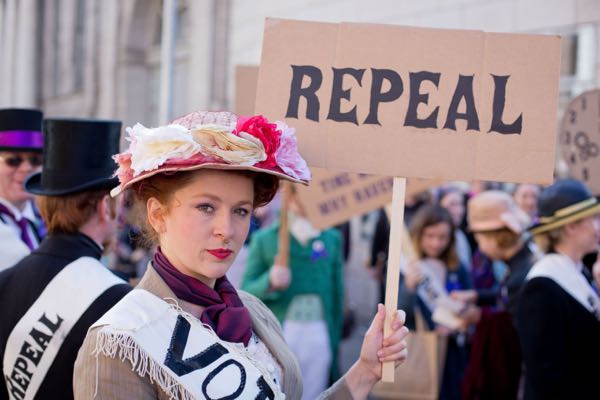Ireland’s cross party Oireachtas/parliamentary committee on abortion has voted for the removal from the constitution of the pro-life Eighth Amendment which recognises the equal right to life of the mother and the unborn child. The vote by 15 members of the committee to two not to retain the amendment, which was inserted into the constitution following a referendum in 1983, paves the way for the government to prepare a referendum question on an outright repeal or a partial repeal of the Eighth Amendment. However, the vote by the Oireachtas committee was strongly criticised by pro-life politicians and consultant psychiatrist at the Mater Hospital in Dublin, Professor Patricia Casey, who withdrew from her scheduled appearance before the committee in protest at its “lack of balance.” The government has indicated that a referendum will be held in May or June next year.
Speaking to The Tablet at a conference in Athlone on abortion, the law and disability, which the Irish Bishops jointly hosted with the Anscombe Bioethics Centre, Professor Casey described the proceedings of the Oireachtas committee as “a charade”. “Having pro-life people address the committee is pure tokenism. It is not based on any genuine desire to hear the other side or to consider the perspective of people with a different view to the pro-choice one.” She said the process of the committee has been so arranged as to reach a pre-set decision hearing submissions from 25 advocates of abortion and only three favouring a retention of the Eighth Amendment.
The options open to the government include fully repealing the amendment combined with legislation stipulating grounds for abortion. Alternatively, there could be a less-restrictive amendment that removes the equivalence between the right to life of the mother and that of the unborn but still includes protections for the life in womb. Another possibility is an amendment detailing the instances in which abortion should be allowed. In his address to the Athlone conference, Trinity College Dublin Professor of Law, Gerry Whyte, warned that a simple repeal of the Eighth Amendment “will not take us back to the constitutional position on abortion that obtained in 1983 prior to the enactment of Article 40.3.3.”
A decision to delete the Eighth Amendment by the people, he said, would remove all constitutional protection from the right to life of the unborn. “A decision to remove explicit reference to a constitutional right can surely only be understood as downgrading that right,” he said. It would tie the hands of the Oireachtas and the judiciary when it came to the question of protecting foetal life.
A more limited objective of removing the equivalence between the right to life of the mother and that of the unborn could be achieved by simply repealing or replacing the word “equal” in the existing text.
In his conference address, ‘Welcoming Children with Disability’, Bishop Kevin Doran spoke about the move to introduce abortion in the case of a fatal foetal abnormality.
He questioned why if the inclusion of people with disability is a characteristic of a civilised society, discrimination against unborn people with disability, simply because of their disability is considered acceptable.
He also questioned some of the purposes of pre-natal diagnosis, which he warned was increasingly used as “a means of screening out babies who, in the eyes of adults, should not be brought to birth”.
Expressing concern for healthcare professionals in many jurisdictions forced to perform abortions where it is legally permitted, he said there is no room for the personal conscience of the healthcare professional.
Healthcare professionals who refuse to take a human life for reasons of conscience are regarded as troublesome and unreliable employees and not good candidates for promotion. The Bishop of Elphin stressed: “There is nothing in the nature of healthcare that would suggest that the role of a healthcare professional ever includes intentionally bringing about the death of the patient, either by some action or by failing to act.”
Pic: Demonstrators at The March for Choice in Dublin, a demonstration demanding change to Ireland's strict abortion laws, in September. PA



 Loading ...
Loading ...